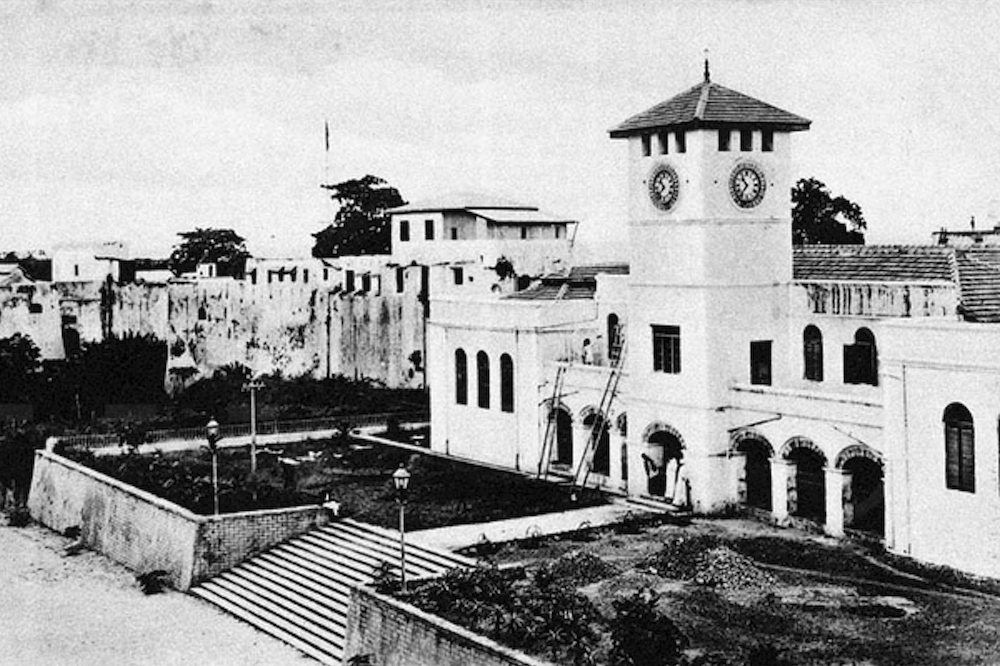UA has signed an MOU with the Council on Library and Information Resources (CLIR) whose purpose is to advance visibility and access to special, rare and otherwise invisible collections held in Africa. This shall be achieved through digitisation, capacity building, programme development, and the integration of advanced technologies. The memorandum will enable continent-wide outreach to academic, research, and cultural organizations, providing them an opportunity to participate in the programme.
CLIR proposes a new regranting programme to digitally preserve collections, promoting history and scholarship while decolonising knowledge spaces for Africa. This will be achieved by describing and digitising materials at organisations in Africa that are inaccessible or at risk of being lost forever. The initiative draws inspiration from CLIR’s regranting programmes, including Digitizing Hidden Special Collections and Archives. Led by Africa-based professionals, the new proposed programme, Hidden Collections Africa, would directly support organisations and staff across the African continent to meet urgent preservation needs, close gaps in the historical record, and make records more accessible to everyone.
UA shall be the core technical partner for Hidden Collections Africa providing support in:
- Capacity building: training for programme participants, specifically information and communications technology (ICT) staff
- Last-mile connection support for participating organisations, through National Research and Education Networks (NRENs)
- Facilitating contact between the program and NRENs and advising on integrating program activities with NREN operations, cloud storage, and back-up services
About CLIR
CLIR is an independent, nonprofit organisation that forges strategies to enhance research, teaching, and learning environments in collaboration with libraries, cultural institutions, and communities of higher learning. CLIR aspires to transform the information landscape to support the advancement of knowledge. CLIR promotes forward-looking collaborative solutions that transcend disciplinary, institutional, professional, and geographic boundaries in support of the public good.

